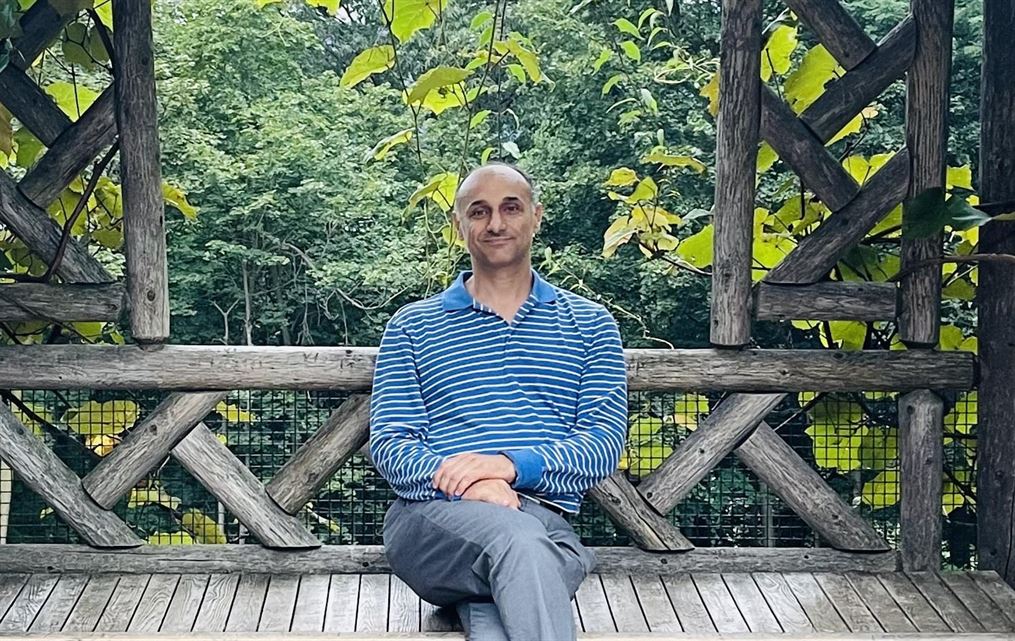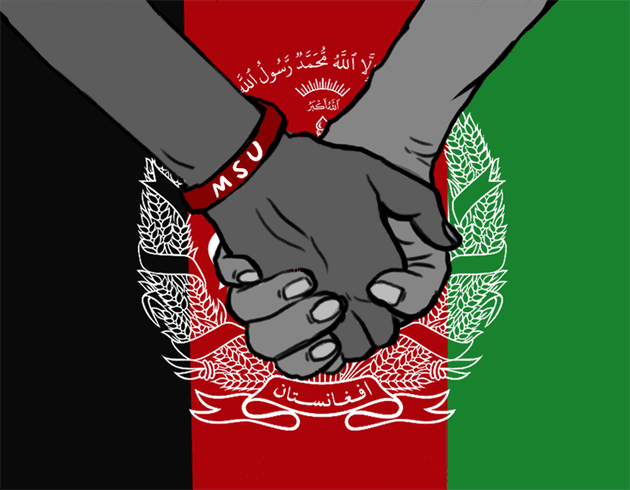Last month, the Taliban regained power in Afghanistan after the Biden Administration ordered United States troops to leave the region, ending the United States’ longest war.
United States troops have been stationed in Afghanistan for 20 years, and their complete exit allowed the Taliban to take control of the government in the nation. After gaining power in the region, the Taliban carried out violent attacks in many cities. People are now attempting to flee the country, fearing stricter laws once the Taliban gains full control.
Hossein Hafezian, an adjunct professor of political science and law at Montclair State University, specializes in Middle East politics and shared how he would explain what is happening in Afghanistan right now to his students.
“Apart from the role that the [United States] played in the rise of the Taliban by leaving Afghanistan prematurely, domestic political forces had failed to reach consensus on how to run an efficient government,” Hafezian said. “Nobody wanted to defend an inefficient and largely corrupt government, which paved the way for [the] Taliban’s conquest.”

Hossein Hafezian, an adjunct professor of political science and law, shared his insights on what is currently happening in Afghanistan.
Photo courtesy of Hossein Hafezian
Hafezian visited Kabul, the capital city of Afghanistan, in 2006 to participate in a conference. He explained that the conditions there could have played a role in the rise of the Taliban.
“The roads in the city were in dire conditions and the city infrastructure needed immediate attention,” Hafezian said. “I came to the conclusion that the [United States] had just focused on the military and security aspects of its mission in Afghanistan and they had done little, at least by that time, which was five years after the invasion, to help the country develop economically. It was no surprise that with widespread unemployment and economic underdevelopment, the Taliban and other terrorist groups had an easy job in recruiting youngsters for their campaign against the Afghan government.”
When asked what he thinks will happen in Afghanistan in the future, Hafezian said the Taliban will reverse many of the changes made in Afghanistan in recent years.
“The Taliban will roll back the positive achievements that the Afghans have gained within the past 20 years,” Hafezian said. “Women will be particularly hard hit by the Taliban’s government and it will be almost impossible for the citizens to remove the Taliban from power except through another foreign intervention.”
Muslim students at Montclair State shared their thoughts on the crisis in Afghanistan, how it has affected them and what they are doing to help. Ali Eldeeb, a sophomore exercise science major and event coordinator of the Muslim Student Association, explained that the actions of the Taliban do not reflect the teachings of Islam.

Ali Eldeeb said the Taliban’s actions do not reflect the teachings of Islam.
Photo courtesy of Ali Eldeeb
“As a Muslim, none of this represents Islam or the morals Islam teaches,” Eldeeb said. “Islam isn’t ‘radical’ as the media tries to emphasize. There isn’t any religion on this earth that encourages and advocates for violence.”
Eldeeb also encouraged others to help the citizens of Afghanistan in any way possible.
“As a community, we should help our brothers and sisters in Afghanistan with any aid that we can,” Eldeeb said. “Any financial or moral support regardless of how little or large it is would help them immensely. We need to come together as a community and help everyone in need.”
Sophia Esheileh, a junior business administration major, said the conflict is devastating and has affected all Muslims.

Sophia Esheileh said what is happening in Afghanistan is affecting all Muslims.
Photo courtesy of Sophia Esheileh
“Being a Muslim, this has affected and devastated me, my family and every Muslim around the world,” Esheileh said.
Like Eldeeb, Esheileh said she is trying to do everything she can to help the citizens in Afghanistan.
“I always do my best to be grateful with what I have because there are many people out there who have way less than what I have now,” Esheileh said. “I keep the innocent people in my prayers and sometimes do my best to donate money, food and other necessities to them in order to help them survive.”



